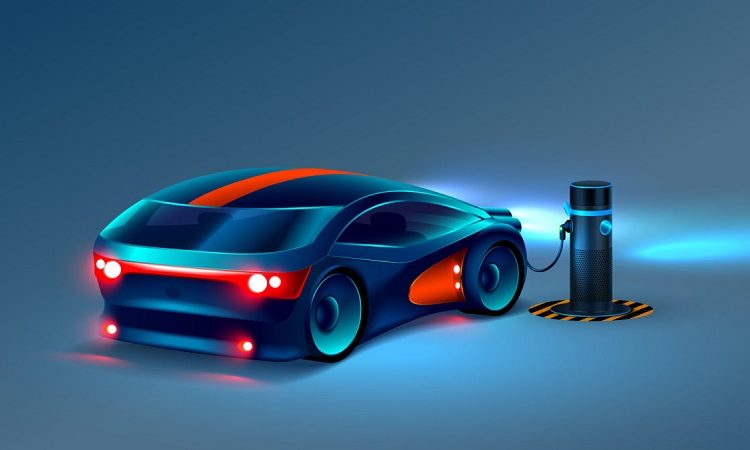
Automakers are vying to offer consumers new, more practical electric automobiles. Typically, the electric motor is heavily developed to provide greater operating performance than before, while the battery system is regularly enhanced to provide a higher operational range.
Many industry insiders predict that as the engine and battery systems continue to advance, electric vehicles’ performance will increase significantly over the next few years. And in the following article, Insurance.alltin.net will help you more understand about 7 latest technology in electric cars.
7 latest technology in electric cars
Vehicle- to- G (V2G). Vehicle-to-X (V2X)
Smart charging for electric cars is gaining popularity as it enables users to regulate the time and rate of charge in response to energy demand, balancing the grid. V2G charging enables the export of energy from a vehicle’s battery to the grid at times of high demand.
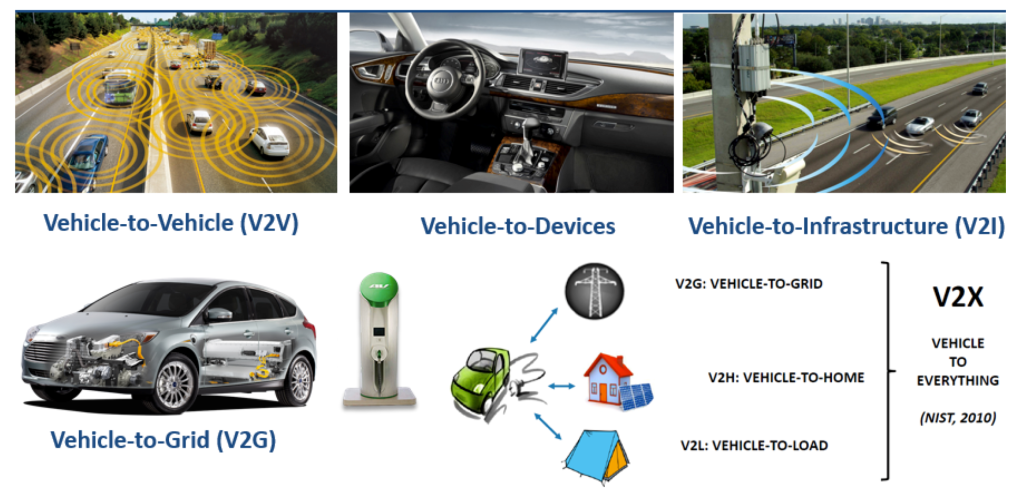
Vehicle-to-grid technology introduced the notion of utilising the energy stored in EV batteries for additional uses (V2G). V2G plans to use intelligent EV charging to manage a two-way energy flow between EVs and the grid. During rush hours, utilities would buy stored energy from EV providers and distribute it across the grid rather than producing more electricity. The EVs would draw electricity for recharging during off-peak hours. V2X expands the concept to cover a variety of EV power use cases and destinations, including vehicle-to-home (V2H), vehicle-to-building (V2B), vehicle-to-farm (V2F), and vehicle-to-load (V2L).
Roads with electricity
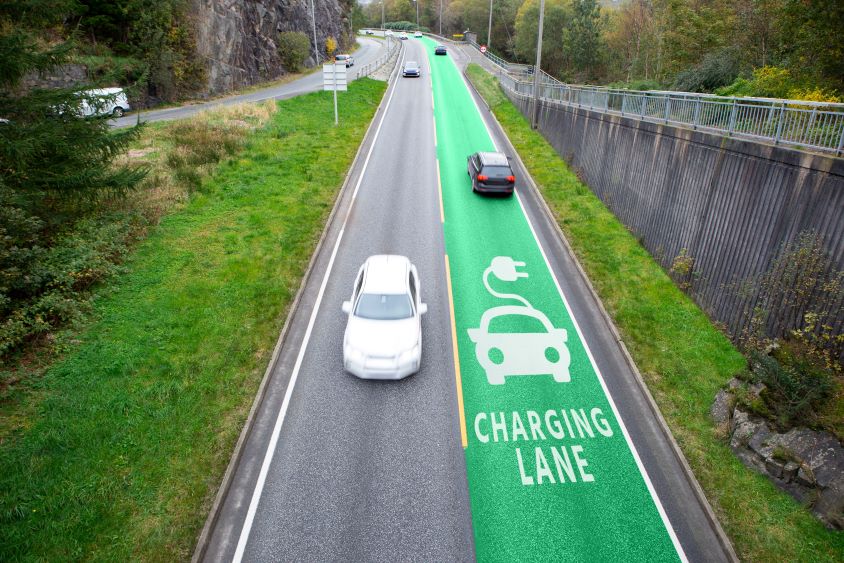
Larger electric vehicles, like lorries, are powered by overhead power lines on electrified roadways, but these are not appropriate for passenger cars. A project conducted by Costain to investigate how long-range vehicles can be electrified using overhead power cables on roads throughout the UK was given funding by the Department for Transport in July.
Self-Healing Algorithms for Management of EV Charging
EV users are pressuring EV charge point operators and e-mobility service providers to manage charger stability and availability better and provide a smooth charging experience. Up to 80% of the software-related operational faults that prevent drivers from using EV chargers can be resolved by self-healing algorithms included into an EV charging management platform. The experience of EV owners when charging is optimized by real-time issue discovery and automated self-repair. This is one of the latest technology in electric cars recently.
Intelligent Battery Management Technology
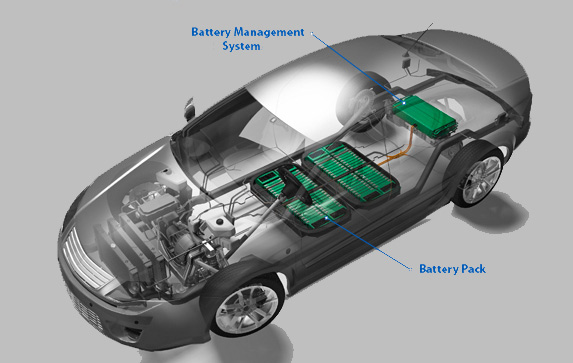
EV batteries are made up of tens of thousands of cells that are arranged into modules and combined to function as a single battery. The technology of smart battery management can extend the life of a battery when enough cells have degraded to the point that it can no longer be used to power electric vehicles. Multiple EV batteries can be “stacked and racked” to function as a single, enormous battery that can be utilized for on-site energy storage using the grid or renewable energy sources. This is made feasible by technology that integrates software, sensors, and hardware to optimize charging, account for malfunctioning cells, and interact with smart EV charging and energy management software.
In this way, renewable energy can be harvested when conditions are favorable, stored, and added back to the community grid or the infrastructure for EV charging.
Big Truck Megawatt Charging System
Much more power is required for medium and heavy-duty trucks. A fast-charging connector for heavy-duty cars based on the Megawatt Charging System standards has been released by the international EV standards non-profit CharIN after four years of research. Trucks may increase their range by around 200 miles during a half-hour charging session because it is designed for DC charging at up to 3,750kW. Thus, the required 500-mile range for a single run is nearly reached by electric trucks.
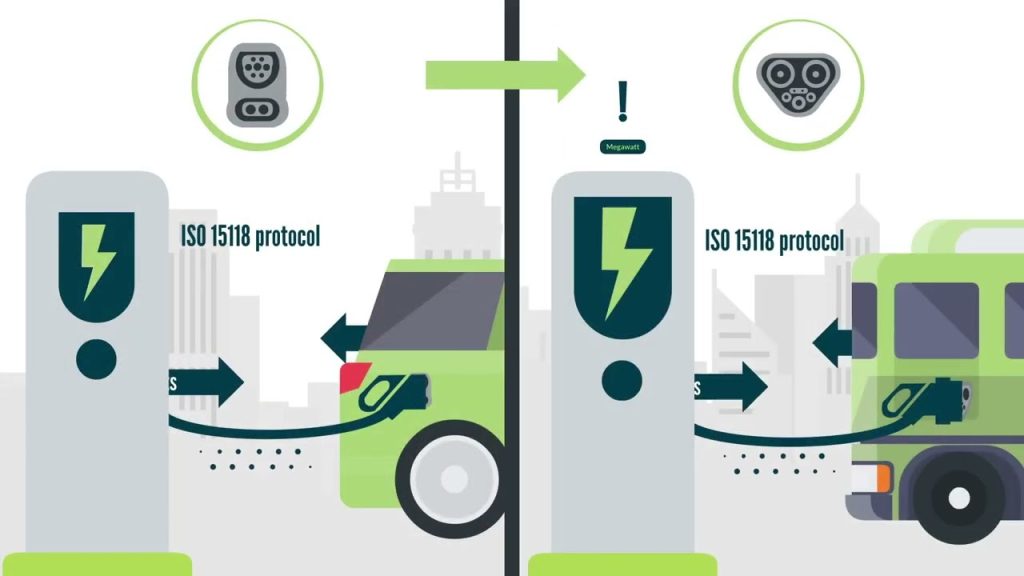
Additionally, currently available ultra-fast charging options, such as 250kW and, shortly, 350-500kW DC fast chargers, allow for the swift refueling of passenger cars, vans, and light-duty trucks. Depending on the vehicle, charging for five minutes can add 60 miles of additional driving range or take 20 to 30 minutes to reach 80% charge.
Wireless charging
This latest technology in electric cars presented after it was reported that a technology trial of wireless charging for taxis would take place in Nottingham in 2020, wirelessly charging electric automobiles, taxis, and buses moved one step closer to being a reality.
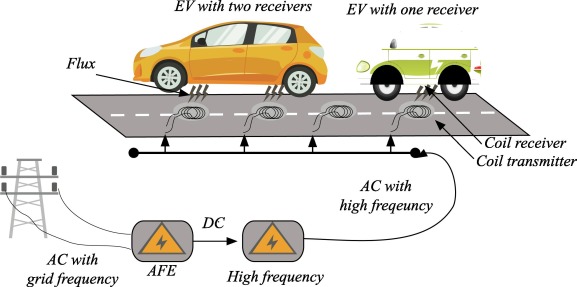
By the use of inductive charging technology, wireless charging for vehicles operates similarly to wireless phone chargers. A second magnetic coil or pad installed on the underneath of the car receives electricity from one magnetic coil in the charger that is concealed beneath the road surface.
Lightning-fast charging
While it only takes a few minutes to fill up a gasoline or diesel vehicle, EV owners typically have to wait considerably longer for their batteries to fully recharge. A great benefit for longer trips, though, is the emergence of ultra-fast charging alternatives, which cut down charging periods to the length of a typical driving break.
Conclusion
EV technology is greener, quicker, cheaper, and smarter. Whatever the the latest technology in electric cars, from charging and energy management to batteries and vehicles themselves, consumers and business customers are still having a road on seeking for in the future. Follow us to get more latest information in the world.
Please read: http://insurance.alltin.net/why-do-you-need-car-insurance/




